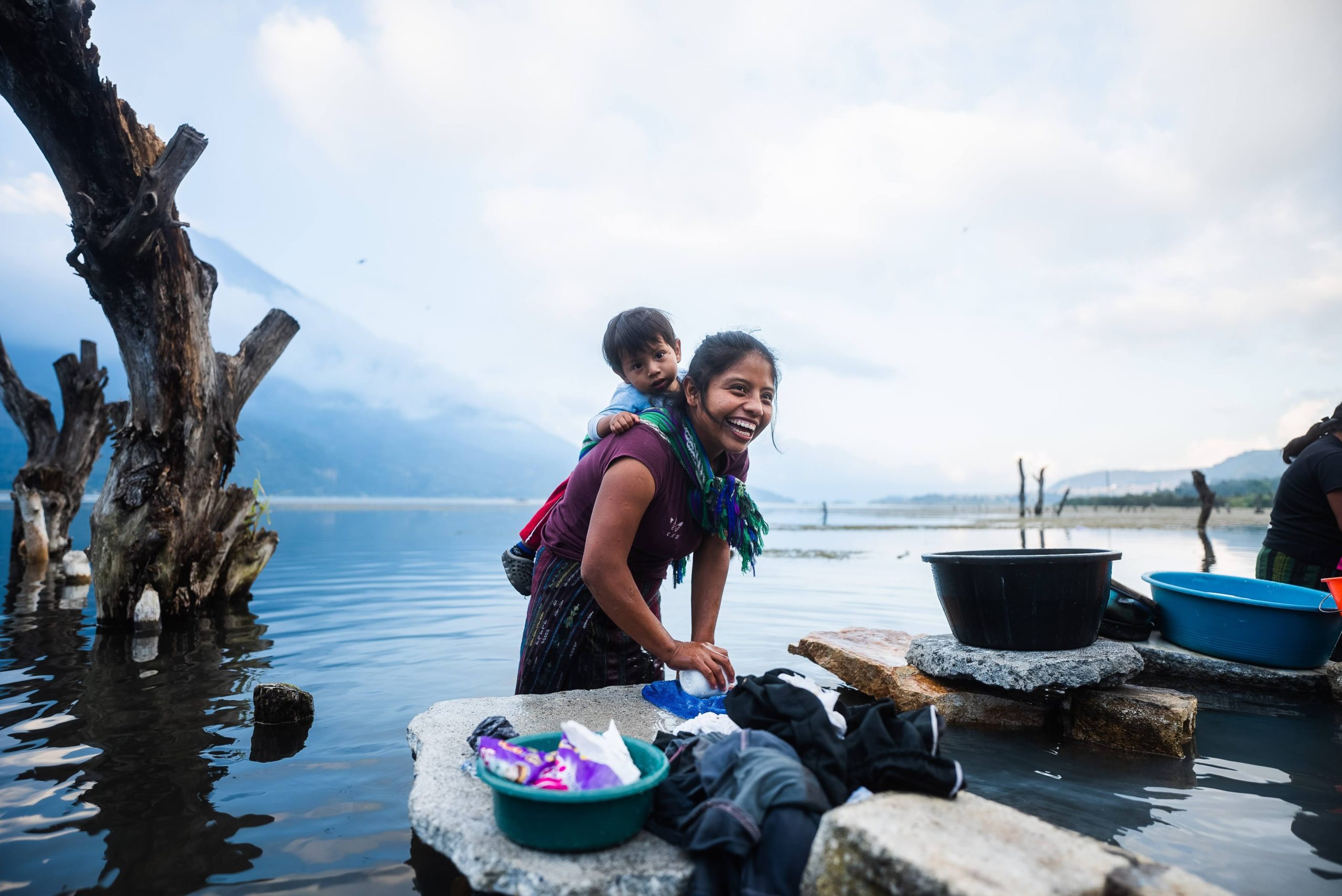Published: 07/08/2021
This project seeks to study how Indigenous Mexican communities responded to COVID-19 and created local forms of governance to provide health care when the national government’s response fell short. Researchers hope to use these findings to shed light on the governance of preventive health services and emergency care provision for poor indigenous communities in Mexico and offer insights to Mexico’s public health leaders on how to improve preventive health strategies and pandemic response.
As Mexico consolidates the rural health clinics serving primarily indigenous communities with the national healthcare system, researchers hope their findings will support a culturally responsive integration that serves indigenous needs. Researchers will work in collaboration with indigenous research assistants in Mexico to measure indigenous Latin American community responses to COVID-19, combined with a statistical analysis of the governance dimension of health policy.
We hope to provide a proof of concept for health policy makers at the highest level in Mexico of the way in which rural health clinics could be integrated with the national health network in a way that understands and respects indigenous autonomy, traditional systems of direct democracy and local health governance.
Principal Investigator Alberto Diaz-Cayeros
Principal investigators: Alberto Diaz-Cayeros, Beatriz Magaloni
Photo Credit: Esteban Benites, unsplash.com

